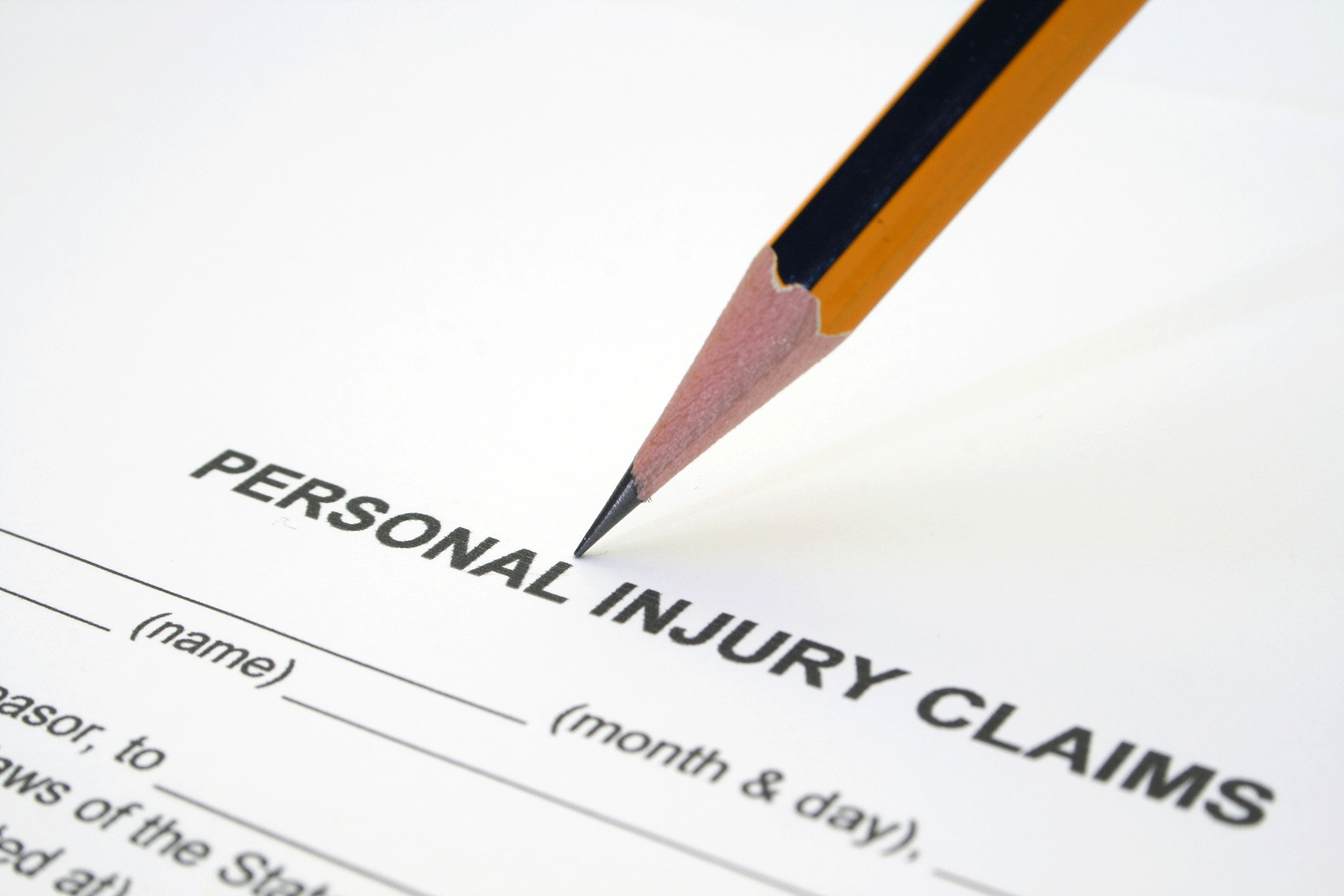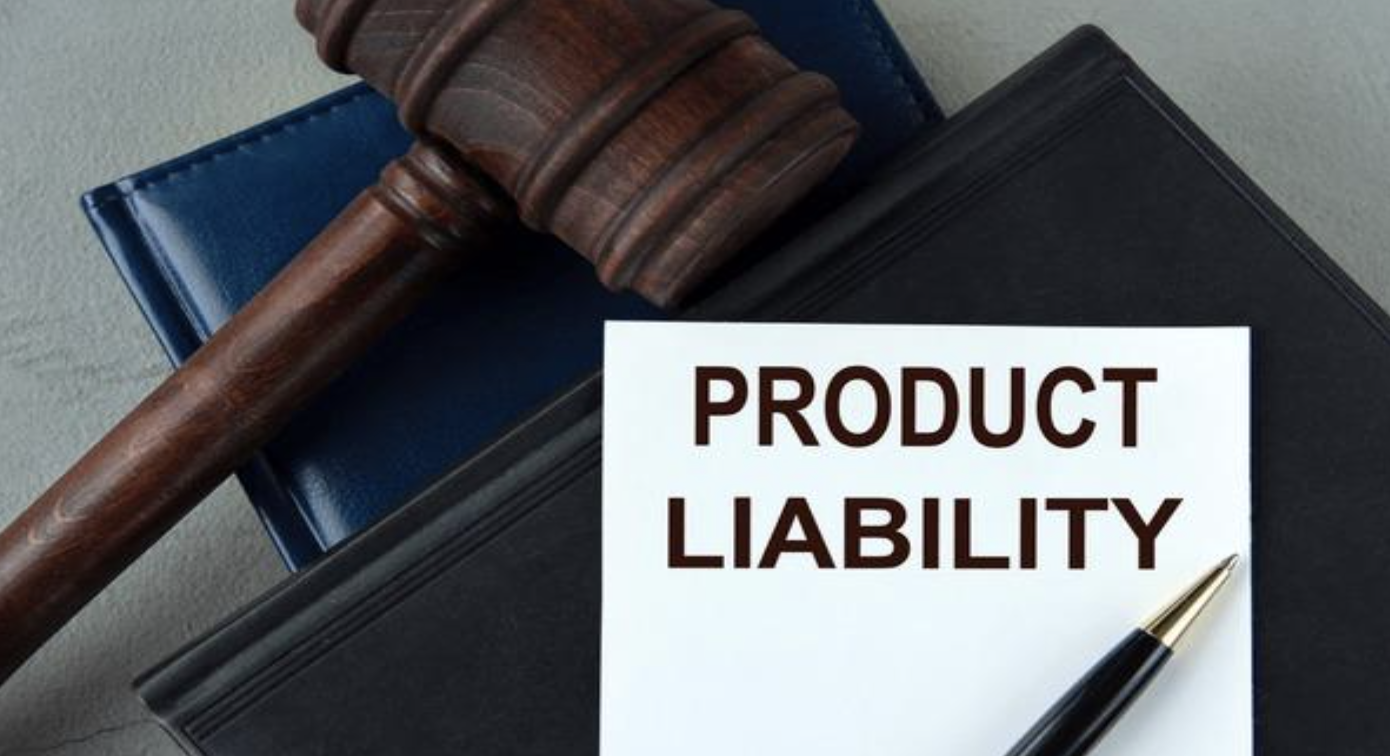Now Reading: Who Can Be Held Liable in a Personal Injury Claim?
-
01
Who Can Be Held Liable in a Personal Injury Claim?

Who Can Be Held Liable in a Personal Injury Claim?
When a person is injured in an accident caused by someone else’s negligence or wrongdoing, they have the right to file a personal injury claim. This claim allows the injured individual to seek compensation for the various types of losses they faced due to the accident, such as medical expenses, lost wages, emotional damages, rehabilitation, etc.
However, to get compensation, the injured party first needs to determine who is legally responsible to pay it. Depending on the incident, liability can fall on individuals, businesses, and even government entities.
Understanding Liability in Personal Injury Claims
As a personal injury victim, you have the right to recover compensation for your medical expenses, lost wages, pain and suffering, and more. However, that doesn’t mean you can hold anyone responsible for it. Holding the correct party accountable for their actions is crucial in personal injury claims.
Liability means the legal responsibility one party bears if their action (or lack thereof) leads to physical and/or mental harm to another. To establish liability in a personal injury claim, the injured party will have to prove 4 elements:
- Duty of Care: The defense had a legal responsibility to act with reasonable care.
- Breach of Duty: The defense failed to uphold their duty.
- Causation: The defense’s actions, or inaction, led to harm.
- Damages: The injured party faced actual harm as a result.
All these aspects of a personal injury claim are not easy to deal with alone, which is why it is best to hire a lawyer to represent you and guide you through the process.
Who Can Be Held Liable in a Personal Injury Claim
Let us take a deeper look into who can be held liable in personal injury claims.
1. Individuals
Individuals are among the common parties that are held liable in personal injury cases. PI cases involving individuals could include car accidents, slip and falls, animal bite accidents, etc.
It is people’s duty to abide by the rules and ensure that they create a safe environment for those around them, be it on roads, in their homes, or in their neighborhoods. If they fail to do so, and it leads to any harm, people can hold them accountable for their irresponsibility.
2. Businesses
Businesses can be held liable in various situations, such as:
- If their employees’ negligent actions while on duty lead to harm. For example, an Uber driver hits a pedestrian while actively on a ride. Such liability is called ‘vicarious liability.’
- If the poor maintenance of the business property leads to harm. For example, if the business fails to caution visitors of a wet floor, and someone ends up slipping and injuring themselves.
- If the business fails to adhere to safety protocols, such as maintaining their equipment, providing proper gear, or providing proper employee training.
- If the business, such as manufacturers or designers, creates a product that leads to an injury, they can be held liable under product liability.
3. Government Entities
Local and state government bodies have specific responsibilities set for them that aim at keeping their residents safe, such as maintaining the roads, keeping public areas safe, maintaining the infrastructure, etc. If they fail to do so and a person is injured due to it, the injured party can hold the entity responsible for their losses.
For example, if a person is injured due to a pothole on a road maintained by the city, they can file a claim against the municipality. However, holding a government entity liable is not easy; the legal process is complex, and the statute of limitations is shorter compared to other personal injury claims.
Key Takeaways
- Personal injury occurs when one party’s actions lead to harm to another.
- A personal injury claim allows the injured party to seek compensation for their losses.
- The injured party needs to establish liability by proving duty of care, breach of duty, causation, and damages.
- Possible liable parties in a personal injury claim include individuals, businesses, and government entities.










